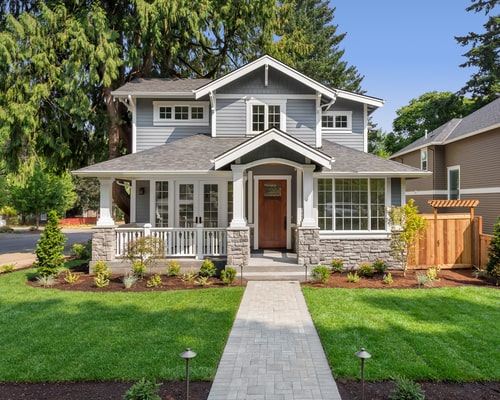Blog

- Home
- Firm Overview
- Attorneys
- Practice Areas
- Collaborative Law and Mediation
- Family Law
- Divorce
- An Amicable Divorce
- Attorneys Fees in a Divorce
- Bankruptcy & Divorce
- Contested Versus Uncontested Divorce
- Dissipation of Marital Assets
- Dividing Marital Debt
- Division of Property
- Divorce Mediation
- Grounds for Divorce in IL
- Legal Separation
- Long-Term Maintenance/Alimony
- Military Divorce
- Protecting Credit During Divorce
- Social Media and Divorce
- Spousal Support
- The Divorce Process
- Child Custody / Parental Responsibilities
- High Asset and Complex Divorce
- Post Divorce Issues
- Resources
- Awards & Memberships
- Firm News
- Legal Articles
- Using Collaborative Law to Resolve Family Legal Issues
- Unconventional penalty for late child support payees gaining momentum
- Tips to Protect Your Credit During and After Divorce
- The Basics on the Enforceability of Premarital Agreements in Illinois
- Separate Lives - One Roof: Divorced Roommates Common in Illinois
- Protecting Your Family-Owned Business During a Divorce
- Proposal to Change Child Visitation Standards in Illinois
- Prenuptial Agreements Becoming Essential Part of Marriage
- New program targets overdue child support payments
- Modern Blended Families
- Leaving Marriage Behind: Many Couples Deciding to Remain Unmarried
- Enforcement of Illinois Prenuptial Agreements
- Divorce and Facebook: Be Careful What You Post
- Discovering Hidden Assets During Divorce
- Considerations for divorced parents seeking to relocate
- Concerns Regarding High-Asset and Complex Divorces
- Cohabitation: Economic Benefits and Drawbacks
- Baby boomer divorce rates increasing, financial planning vital
- Videos
- Blog
- Reviews
- Contact






 Establishing two separate households - one for each former spouse - can be one of the more costly and inconvenient aspects of divorce. Whether you and your spouse own your home or rent an apartment, it is likely that one of you will remain in the marital home and one of you will need to move out and find a new residence. However, there are other options if this proves impractical or is simply not your preference. In Illinois, all marital property is to be
Establishing two separate households - one for each former spouse - can be one of the more costly and inconvenient aspects of divorce. Whether you and your spouse own your home or rent an apartment, it is likely that one of you will remain in the marital home and one of you will need to move out and find a new residence. However, there are other options if this proves impractical or is simply not your preference. In Illinois, all marital property is to be 
